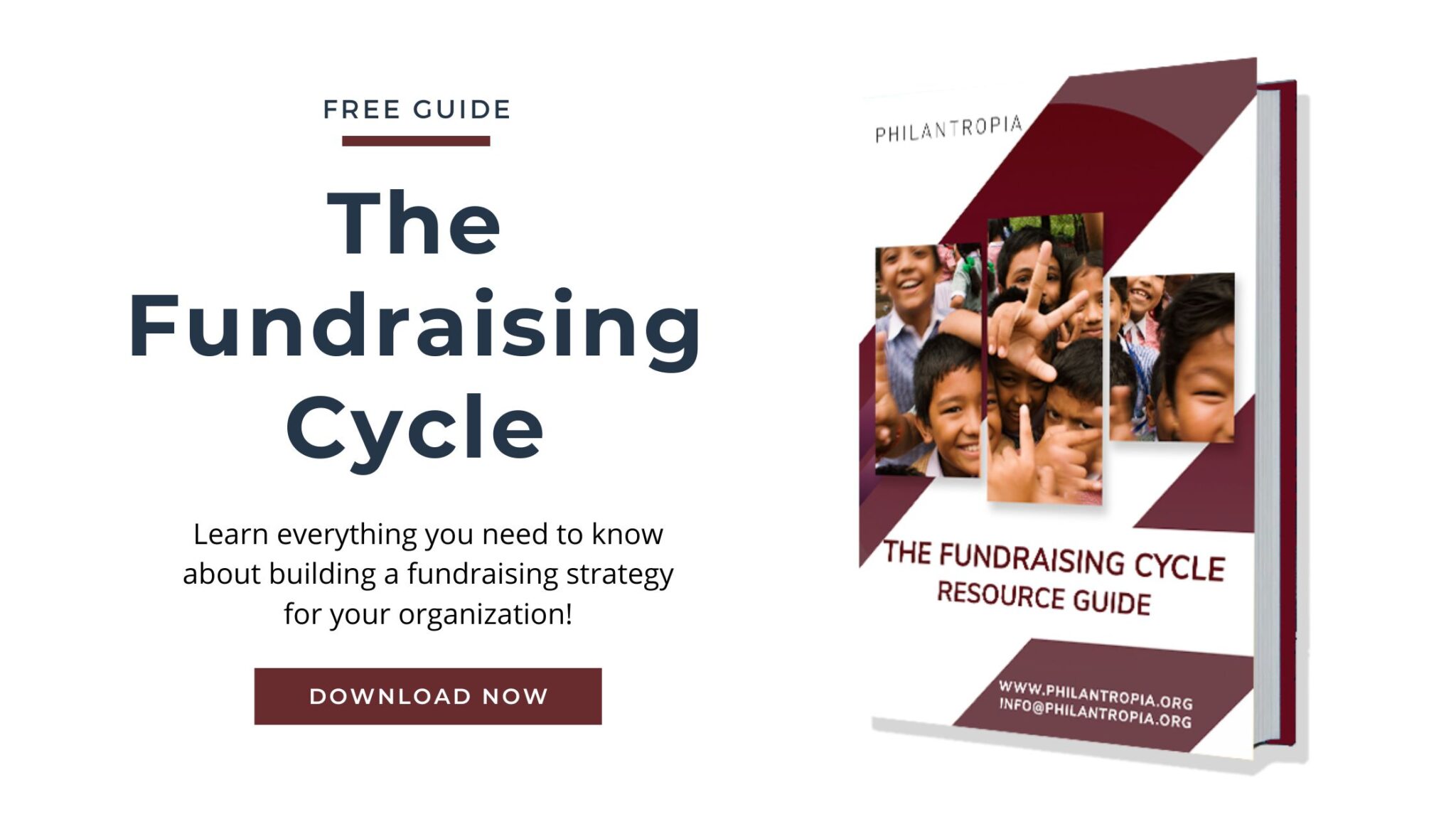Unrestricted funds play a significant role for nonprofits, as these funds help them achieve their mission strategically.
Unrestricted: not limited or restricted.
Unrestricted funds are not earmarked or designated for a specific purpose or project within a nonprofit organization. Organizations may use these funds so long as they meet the aims and objectives of the group outlined in their governing document. In comparison to the restricted funds, these funds are less challenging as nonprofits are not bound by limitations to spend the donation only on specific projects.
Why unrestricted funds are crucial for nonprofits
Operational flexibility: Nonprofits rely on unrestricted funds to cover general operating expenses. Due to the flexibility of the fund types, nonprofits have the freedom to cover overhead expenses and other day-to-day operational needs. With the help of these funds, organizations can respond to new demands, seize opportunities, and change course as needed without being restricted by strict donor instructions.
Program Development and Expansion: Nonprofits can develop and broaden their services and programs with the help of unrestricted funding. They can be used to fund research, test out fresh ideas, or expand productive activities. Resources are frequently needed by nonprofits to innovate, enhance their program offerings, and address the changing requirements of their target communities. The unrestricted funds provide nonprofits with the freedom and resources to innovate, respond to community needs, and create meaningful change. It makes it possible for organizations to change, develop, and have a bigger influence on their mission areas.
Organizational Sustainability: Organizational sustainability is the capacity of a nonprofit organization to continue its activities, programs, and effects for the long term. Nonprofits with good concepts and project support grants are not enough for them. Sometimes organizations might need an extra budget due to changes in their plans and policies; in that case, the budget they planned might not be sufficient. So, to be able to execute the plans without any hindrances, nonprofits often require funds to sustain themselves.
Capacity Building: Trained and well-equipped staff bring innovation to any project. Some employees require training and a capacity development program to help the organization with any new ideas and policies. Capacity-building programs, including leadership development, collaboration, partnership building, advocacy, policy engagement, human resources and talent management, and technology and digital skills, enable organizations and their staff to develop competencies and skills that can make them more efficient at tackling any new challenges.
Such programs can be costly, and organizations have to hire experts, so funds are required to organize such capacity-building programs.
Emergency Response: Nonprofits working in emergency aid responses need the extra funds when they have to directly work in community programs. Resources that are easily accessible enable nonprofits to mobilize their teams, offer emergency help, and take care of urgent needs without delays or limitations. For instance, COVID time is a good example of why unrestricted funds are necessary for nonprofits.
Unrestricted funds are particularly valuable for nonprofits as they provide financial stability, allowing the organization to maintain core functions and sustain its mission even during times of uncertainty or unforeseen challenges. They provide a safety net, enabling nonprofits to navigate through economic fluctuations, emergencies, or shifts in funding priorities.
While finding unrestricted funds can be complex, donations from individuals can serve as excellent sources of such funding. Building a strong foundation of small donations can cover core costs that other donors might be unwilling to support. Additionally, some foundations offer grant recipients the flexibility to allocate grant funding based on their specific needs and priorities.
MacArthur Foundation: MacArthur provides support to individuals and organizations engaged in addressing a variety of complex societal challenges. Their grants are generally long-term, strategic investments focused on building evidence about what works and finding solutions to often intractable problems. The foundation awards unrestricted grants to exceptionally creative individuals and does not accept applications or public nominations. Click here for more information.
William and Flora Hewlett Foundation: The Hewlett Foundation makes grants in education, environment, gender equity and governance, performing arts, and the philanthropic sector, as well as to support disadvantaged communities in the San Francisco Bay Area. The foundation’s grants are awarded solely for charitable purposes. Learn here about the grantmaking process.
Charities Aid Foundation: The Charities Aid Foundation (CAF) is a global grantmaking organization assisting corporations, foundations, and individuals. CAF understands that effective philanthropy begins with a clear vision and a focused plan for making that vision a reality. The foundation also realizes that not all donors are alike. Therefore,too best serve your specific philanthropic goals, they encourage you to contact them directly to discuss a tailored solution that works for you.
The Trust-Based Philanthropy Project: The Trust-Based Philanthropy Project is a five-year initiative (2020-2024) that provides funders and grantmaking practitioners with the tools, frameworks, and community spaces to deepen their work of creating a more equitable and impactful philanthropic sector. They offer unrestricted funds to support the projects. Learn here for more.
The Path Foundation: The PATH Foundation offers several grant cycles during the year to help nonprofits and government agencies better the communities in Virginia’s Fauquier, Rappahannock, and Culpeper counties. The foundation offers grants of up to $75,000 for nonprofits. Click here to learn more.
W.K. Kellogg Foundation: The W.K. Kellogg Foundation is committed to ensuring all children, families, and communities, regardless of race or income, have opportunities to reach their full potential. The foundation makes grants to a variety of organizations that engage in charitable activities. Learn here for more.
First published on Philantropia



